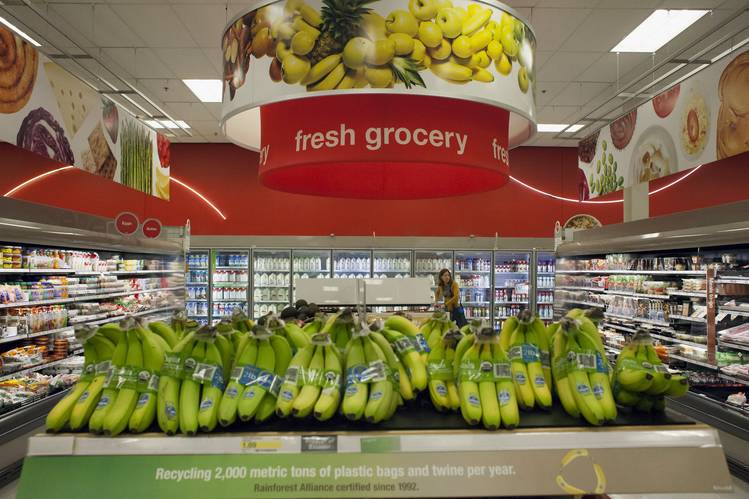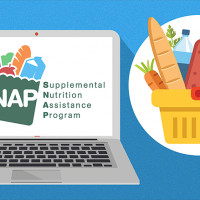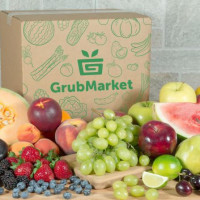Every week we track the business, tech and investment trends in CPG, retail, restaurants, agriculture, cooking and health, so you don’t have to.
Last week’s top story is a look inside the shady practices of on-demand food startups. Quartz deep dives into how companies like Postmates are misleading customers on fees and pricing schemes in order to make their economics work.
Other headlines include celebrity chefs using food waste from the Olympic Games to feed the homeless, why Hormel hired an anthropologist to help improve its R&D and sales and an inside look at a new shared economy platform that acts as a matchmaker between commercial kitchens and food entrepreneurs.
Check out our weekly round-up of last week’s top food startup, tech and innovation news below or peruse the full newsletter here.
Our newsletter is the absolute easiest way to stay on top of the emerging sector, so sign up for it today and never miss the latest food tech and innovation news and trends, Already signed up? Share the love with your friends and colleagues!
_______________
1. Hormel’s Secret Weapon for Predicting the Future of Food – Bloomberg
Faced with diminishing sales numbers, Hormel hired an anthropologist to better understand consumer behavior and trends to improve R&D and sales.
2. Can the Sharing Economy Give Local Food Startups a Leg Up? – Harvest Public Media
The Food Corridor offers an app and online marketplace for shared kitchen space and acts as a matchmaker between commercial kitchens and food entrepreneurs.
3. Can Target Fix Its Grocery Business? – Wall Street Journal
The retail giant is revamping its grocery aisle by localizing store offerings, adding organic and gluten-free brands and improving the look and feel. Will it be enough to improve sales?
4. Celebrity Chefs Turn Wasted Olympics Food Into Meals for Homeless – New York Times
Using leftover food donated by the Olympic games, a team of chefs led by Massimo Bottura created a dinner for 70 homeless people.
5. Postmates Has Failed to Make Uber-for-Anything Cheap, and Is Quietly Misleading Customers About It – Quartz
In order to make the economics work, on-demand delivery startups often times have exorbitant fees and/or offer shady pricing schemes.
6. Animal Cruelty Reported at Tyson Farm Leads to Firings and New Policies – FoodDive
Tyson has responded to reports of animal cruelty at one of its contract farms by firing several employees and reviewing its policies, which could result in sweeping animal welfare reforms like those Perdue recently announced.
7. Portland’s First Food Hub Brings The Farm To A Bigger Table – FastCo.Exist
The Redd On Salmon Street offers a central warehouse where small and midsize farmers, ranchers and producers can stash their products until they’re ready to be distributed.
8. The Rise of Food Politics: A Conversation with Michel Nischan – Modern Farmer
The founder of Wholesome Wave sees a future where food is as much a part of the political conversation as healthcare and the economy.






